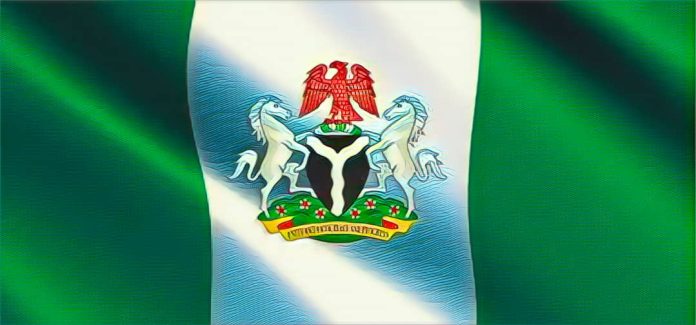Nigeria’s government has announced an ambitious plan to register and train about 20 million artisans across various sectors in the country within the next four years.
The initiative, called Skill Up Artisans (SUPA), is part of the government’s efforts to develop and promote skills acquisition in the country while simultaneously reducing unemployment.
The Director General and Chief Executive Officer of the Industrial Training Funding (ITF), Dr. Afiz Oluwatoyin Ogun, announced at a stakeholders meeting with executives of artisans and trade unions in Abuja on Tuesday.
He stated that the initiative will involve the registration of all Nigerians who are artisans or who intend to be artisans, regardless of their age, experience, or sector.
Dr. Afiz Oluwatoyin Ogun said that the ITF will collaborate with private training centers and foreign partners to provide quality training and certification for the artisans, in line with international standards.
He also revealed that Nigeria is currently making moves to partner with Germany, the United Arab Emirates, and other countries to share curriculum and trainers as part of the initiative.
The Benefits of SUPA
According to Dr. Ogun, the SUPA initiative will have several benefits for the artisans, the economy, and society.
He said that the initiative will empower and formalize the informal sector, which contributes significantly to the country’s Gross Domestic Product (GDP).
Dr. Ogun stated that the initiative will also enhance the skills and competencies of the artisans, making them more productive and competitive in the local and global markets.
Also, he mentioned that the initiative would also create more employment opportunities and income for the artisans, as well as reduce poverty and social vices in the country.
The Challenges of SUPA
Dr. Ogun acknowledged that the SUPA initiative will face some challenges, such as funding, logistics, infrastructure, and attitudinal barriers.
He said that the government will need to mobilize adequate resources and support from various stakeholders, such as the private sector, the media, the civil society, and the international community, to ensure the success of the initiative.
Dr. Ogun explained that the ITF will also need to overcome some operational and technical challenges, such as the verification and categorization of the artisans, the certification and standardization of the training centers and trainers, and the monitoring and evaluation of the initiative.
He said that the artisans will also need to embrace the initiative and show commitment and willingness to learn and improve their skills.
He urged the artisans and trade unions to cooperate with the ITF and other partners in the implementation of the initiative and to take advantage of the opportunity to upgrade their skills and livelihoods.
A Hopeful Future for Nigeria’s Artisans
Dr. Ogun expressed optimism that the SUPA initiative will transform the lives and fortunes of Nigeria’s artisans, and contribute to the economic and social development of the country.
He said that the initiative will create a pool of skilled and certified artisans who can meet the demands and expectations of the local and international markets, and who can compete favorably with their counterparts from other countries.
Furthermore, Dr. Ogun said that the initiative will also inspire and motivate more Nigerians, especially the youth, to pursue skills acquisition and entrepreneurship, and to become agents of change and development in the country.
He concluded that the initiative will ultimately create a new narrative and image for Nigeria’s artisans, who will be seen as professionals, innovators, and leaders in their fields.
Source: Vanguard



